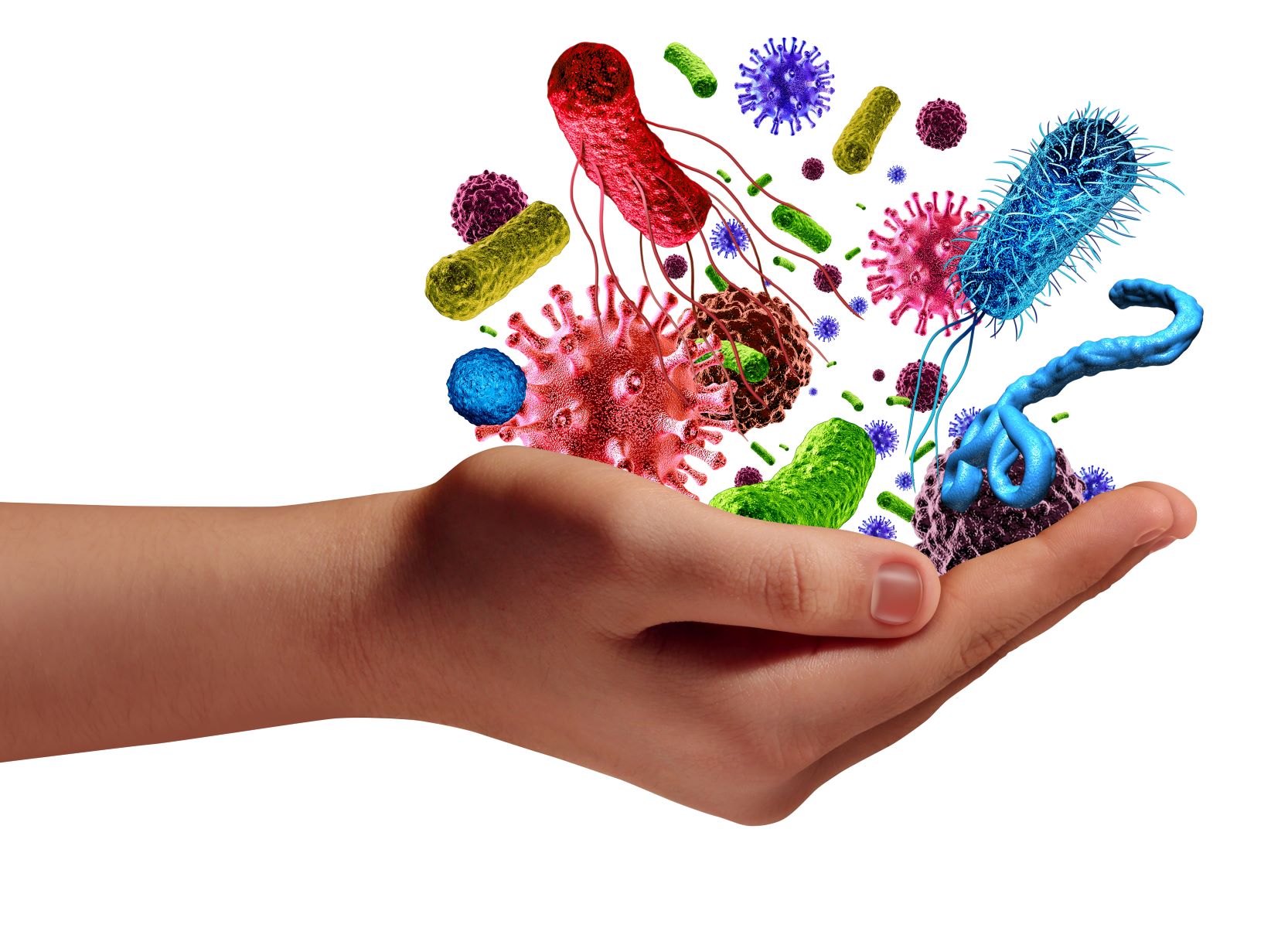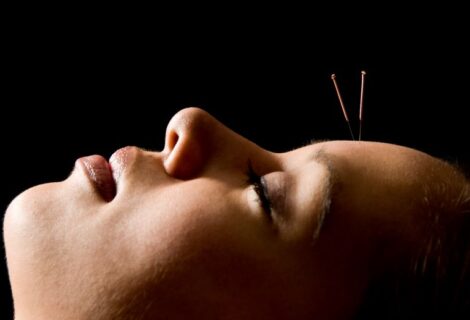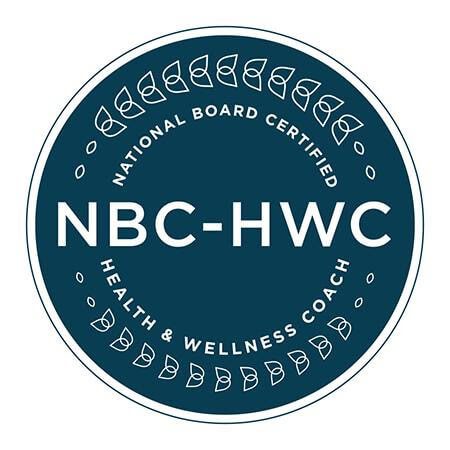Effectiveness of Probiotics: Exploring Their Impact
What an amazing weekend in beautiful Estes Park, CO. The sun shining. Elk grazing. And a plethora of healthy microbes. I couldn’t see these, of course, but they surrounded me and filled my body with good health and well-being through my gut microbiome.
Gut health and the microbiome is a big deal. More and more research shows the connection of a healthy gut to mental health, improved immunity, less inflammation, longevity and so much more. So, I was thrilled to learn from Dr. Chris Lowry, expert on gut health, while at my symposium for Health and Wellness Coaching. Dr. Lowry is an esteemed Associate Professor in the Department of Integrative Physiology and Center for Neuroscience at the University of Colorado Boulder and a recent speaker at TEDx on the gut and mental health connection.
Dr. Lowry shared so much amazing information, but there was one key moment that surprised all of us health coaches in the room. The moment? Probiotics can actually slow your recovery after taking antibiotics. What?! This goes against all that I previously learned, but this is why I continue my education – does what I know still hold up? Apparently not. Let me explain.
The gut microbiome is made up of trillions of bacteria. Some are helpful and others, not so much. These are living organisms that want to thrive. They feed off of the foods and drinks that we consume (primarily), as well as products that we put on our bodies and substances that we breathe. This means we can create an environment where healthy microbes multiply (as well as unhealthy). All microbes compete for space and resources in our bodies.
When we take an antibiotic, we kill off the bacteria – ALL the bacteria, both good and bad. Sometimes this is necessary. Antibiotics have offered amazing life-saving abilities. But while the human body (life) is saved, the gut life is void and deplete of the good bacteria that makes vitamins and aids in the conversion of hormones and neurotransmitters – basically all the things that keep the human body healthy.
Taking a probiotic was thought to curb the detriment caused post-antibiotic. However, of the trillions of bacteria available to us, scientists have only been able to isolate a small number of bacteria (not even 1%), identify how it helps us, and create a probiotic that is shelf-stable for the consumer. So, the probiotic we buy contains a high amount of a few strands of bacteria, which, in those large numbers, crowd out the miniscule numbers of other healthy bacteria fighting for survival in the gut.
What does Dr. Lowry suggest instead? Get out in nature and play in rich, healthy soil. Get your hands and feet dirty (ok that’s my suggestion)! Healthy microbes are all around us; and living in Colorado makes it especially easy to get in some nature time. Also, those microbes will multiply as you feed them fiber-rich foods. They LOVE their vegetables and fruits! Fiber-rich foods are known as prebiotics. However, all those microbes feed on something specific. (Like a panda eats bamboo or a koala eats eucalyptus). So, here’s the secret – DIVERSITY in what we eat is key, not quantity! For gut health, it is better to eat a salad of 30 small portions of vegetables, than it is to eat a pound of spinach. Think – a slice of bell pepper, one tomato, a few lettuce leaves, a few kale leaves, some flax seeds, etc. Eat a huge variety of produce throughout your week and your gut will be very happy.
Best yet – a happy gut means a happy you! This experience has certainly made me rethink what and how I eat throughout my day, and I’m sure to be changing up some lifestyle habits. When it comes to health, we are always eating for two!
Learn more about support for the gut microbiome through Dr. Lowry’s TedTalk and stay connected for more posts and wellness offerings with the Boundless Body & Wellness Newsletter.








Trackbacks for this post